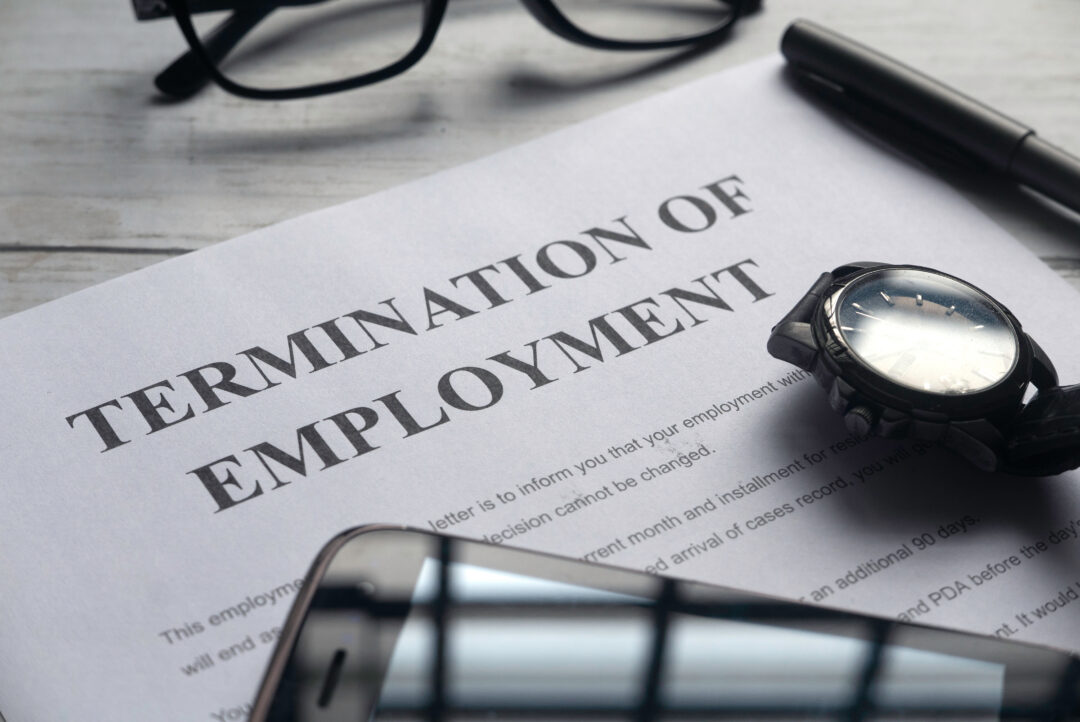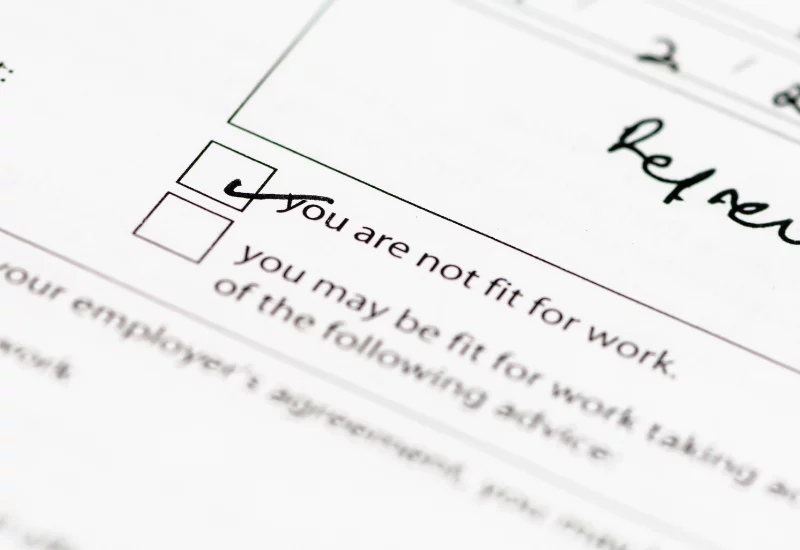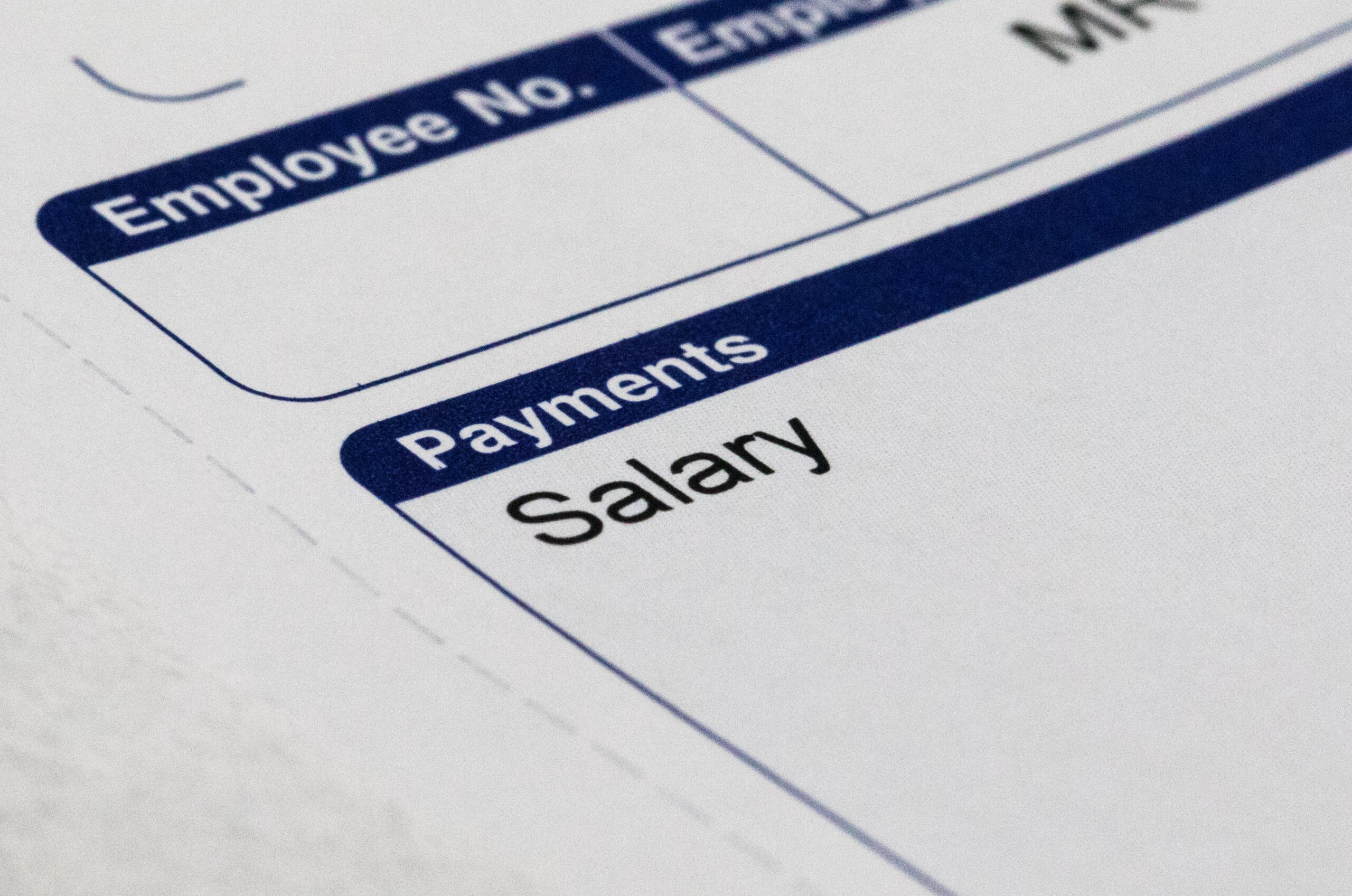Employment Alert - Make Work Pay: Zero Hour and Agency Workers

What’s happening?
In October 2024, the government began several 6-week consultations as part of its plan to Make Work Pay. On 4 March, the government published its responses and confirmed several key amendments to the Employment Rights Bill (ERB). As a reminder, the ERB is still subject to parliamentary approval and is estimated to come into force at some point in 2026 so we will provide further updates when this happens.
This article is part of a mini-series where we are exploring the government’s recent responses to the various ERB consultations. You can find our other articles in the series here:
- Make Work Pay – Statutory Sick Pay
- Make Work Pay – Umbrella Companies
- Make Work Pay – Trade Unions
- Make Work Pay – Collective Redundancy & Fire and Rehire
However, in this article we are focussing on some of the key changes being made to the ERB in relation to Zero Hour and Agency Workers.
Why is this important?
The ERB already includes proposals giving low-hour, zero-hour, and other key workers’ rights to:
- be offered guaranteed hours at the end of a relevant reference period (anticipated to be 12 weeks but not yet confirmed)
- be given reasonable notice of shifts and changes in shifts (new regulations are expected to set out what is “reasonable”)
- be paid each time a work shift is cancelled, moved or curtailed at short notice (no detail yet on what constitutes “short” notice, what the payments will be, or if any exemptions will apply)
Following consultation, the government has confirmed that it will amend the ERB so that, at a later date, these rights will be extended to cover agency workers.
However, given the tripartite relationship between an agency worker, agency and the end hirer, and the temporary nature of the work, the government intends to place the responsibility for enacting these rights on different parties as follows:
- It will be both employment agencies and end hirers’ responsibility to provide an agency worker with reasonable notice of shifts (tribunals can apportion liability if needed).
- It will be the employment agency’s responsibility to pay any short notice cancellation or curtailment payments (but they can re-coup this from the hirer if they have an arrangement).
- It will be the end hirer’s responsibility to offer guaranteed hours to agency workers.
The government has also said that employment agencies and end hirers will not have to offer guaranteed hours where there is a genuine temporary work need (e.g. seasonal demand).
Much of the detail around these new rights is still to be determined and will be set out in future regulations. The government has said it consult further during 2025 as to how to implement these new rights effectively and aims for the changes to come into force in 2026.
What should you do?
Stay Tuned: These amendments are still subject to consultation. We will continue to update you of amendments as we receive them and will confirm the final position when the ERB is officially passed. If this issue affects you or your business do get involved with the government consultations and share your thoughts on how the changes will impact workers and employers.
Prepare: Review how the changes may impact your business financially and operationally. You may also need to consider what changes to make to your policies and procedures, and plan to train managers on how to apply and manage the impact of the new rights.
Advice: If you require advice relating to these changes or the ERB in general, please contact [email protected].

Disclaimer
This information is intended for general informational purposes only and does not constitute legal advice. We recommend seeking professional advice before taking any action on the information provided. If you would like to discuss your specific circumstances, please feel free to contact us on 0800 2800 421.













